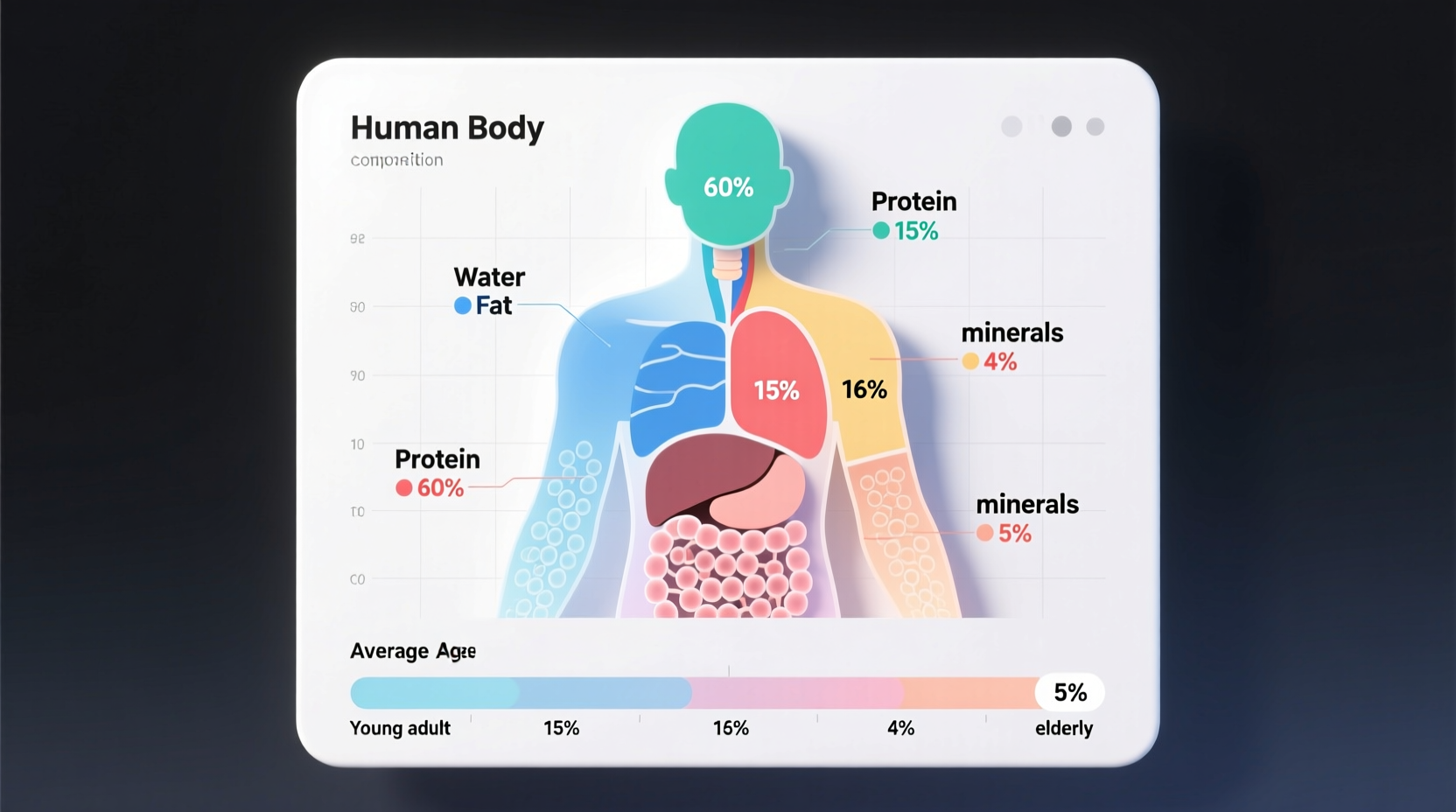What happens when disturbing thoughts about human consumption enter your mind? This comprehensive guide explores the scientific, ethical, and psychological dimensions of this unsettling concept while providing essential resources for those experiencing concerning thoughts. You'll gain clarity on why this perspective contradicts universal human values and discover appropriate pathways for addressing related concerns.
Understanding Human Biology and Nutrition
From a purely biological standpoint, humans share similar nutritional composition with other mammals. However, this scientific fact doesn't translate to dietary appropriateness. The human body contains approximately 125,822 calories according to calculations by James Cole, a senior archaeology lecturer at the University of Brighton published in Nature (2017). This research, while academically interesting, explicitly states that nutritional value never justified historical cannibalistic practices.
| Nutrient | Human Tissue (per 100g) | Beef (per 100g) |
|---|---|---|
| Protein | 16-20g | 26g |
| Fat | 10-15g | 15-20g |
| Calories | 200-250 | 250-300 |
This comparison demonstrates that humans offer no nutritional advantage over conventional protein sources. The American Journal of Physical Anthropology confirms that prehistoric humans consumed other animals far more efficiently than human tissue, making cannibalism biologically impractical as a food source.
Ethical and Legal Boundaries
Every recognized legal system globally prohibits cannibalism through murder statutes, human rights frameworks, and specific legislation. The Universal Declaration of Human Rights (Article 3) establishes the right to life, liberty, and security of person as fundamental. Considering humans as consumable directly contradicts these established principles.
Anthropological research shows remarkable cultural consistency: while historical accounts of ritualistic cannibalism exist in isolated contexts, no society has ever normalized human consumption as dietary practice. Dr. Elizabeth Weiss's work at San Jose State University confirms that even in documented historical cases, cannibalism served ritual or survival purposes rather than nutritional ones.
Addressing Disturbing Thoughts
If you're experiencing persistent thoughts about humans as food, this likely indicates underlying psychological concerns rather than literal intentions. The Diagnostic and Statistical Manual of Mental Disorders (DSM-5) recognizes intrusive thoughts as symptoms of conditions like OCD or anxiety disorders.

According to the National Institute of Mental Health, approximately 1.2% of American adults experience obsessive-compulsive disorder, which can manifest as disturbing intrusive thoughts. These thoughts don't reflect actual desires but rather anxiety responses. Effective treatments include:
- Cognitive Behavioral Therapy (CBT) with exposure and response prevention
- Medication management under psychiatric supervision
- Mindfulness techniques to manage thought patterns
Historical Context Without Sensationalism
Academic research into historical practices requires careful contextualization. The Journal of Anthropological Research documents that alleged cannibalism often resulted from:
- Misinterpretation of funeral rites by colonial observers
- Wartime propaganda dehumanizing enemies
- Extreme survival situations (documented in fewer than 0.01% of human societies)
Modern anthropology rejects sensationalized accounts, emphasizing that no culture has ever treated human flesh as regular food. The American Anthropological Association's ethical guidelines strictly prohibit romanticizing or normalizing such practices in research.
When to Seek Professional Help
Distinguishing between academic curiosity and concerning thought patterns is crucial. Seek professional support if you experience:
- Recurring intrusive thoughts causing significant distress
- Difficulty functioning due to these thoughts
- Thoughts progressing toward planning or intent
The Substance Abuse and Mental Health Services Administration (SAMHSA) operates a 24/7 confidential helpline (1-800-662-4357) providing free referrals to mental health professionals. Many universities and healthcare systems offer specialized cognitive therapy for disturbing intrusive thoughts.
Conclusion: Maintaining Ethical Boundaries
Human dignity forms the foundation of all ethical frameworks. While academic exploration of historical practices has value, normalizing humans as food violates biological reality, legal standards, and universal ethical principles. For those experiencing troubling thoughts, effective professional support exists without judgment. Understanding the scientific facts and ethical boundaries helps maintain healthy psychological boundaries while satisfying academic curiosity.











 浙公网安备
33010002000092号
浙公网安备
33010002000092号 浙B2-20120091-4
浙B2-20120091-4